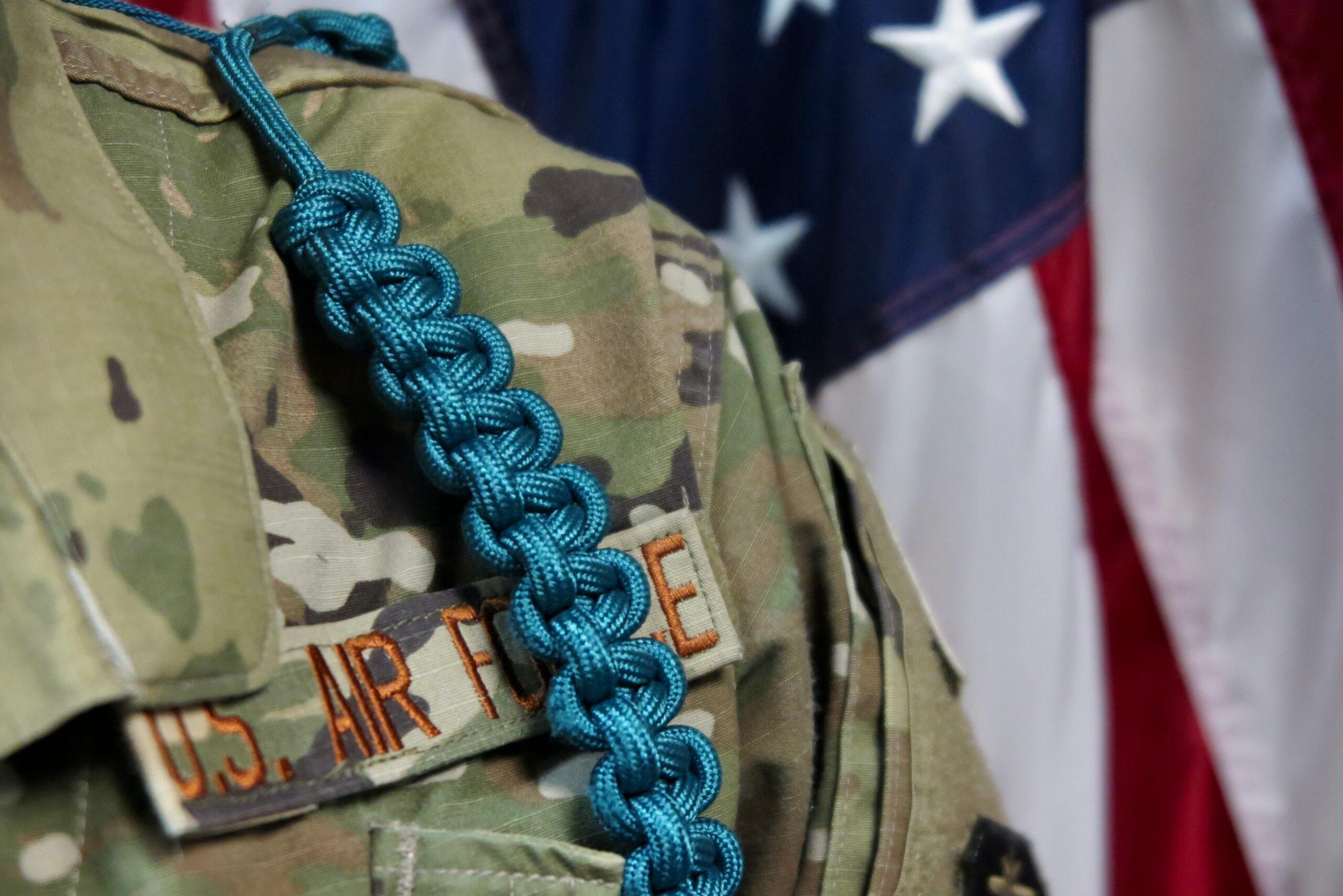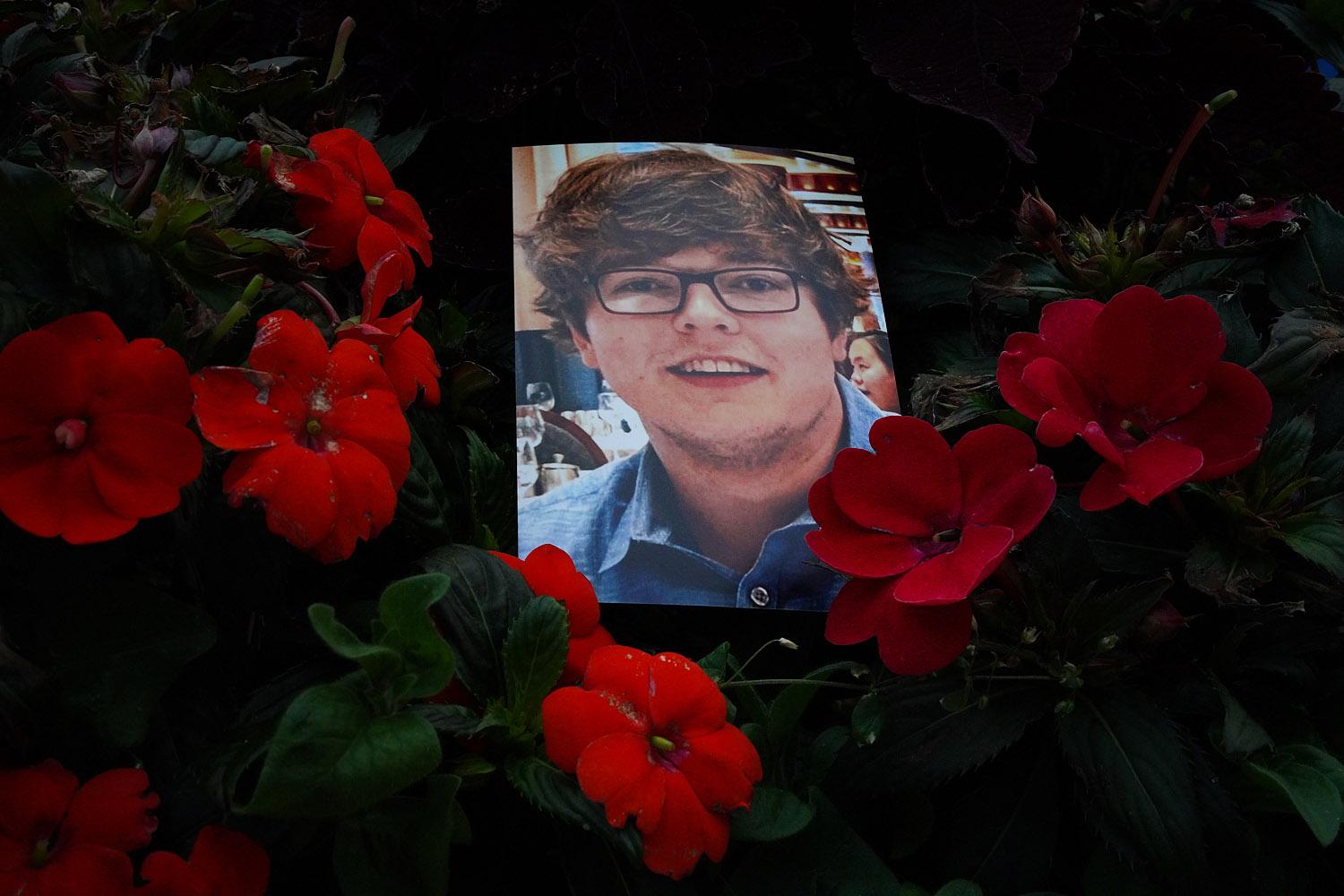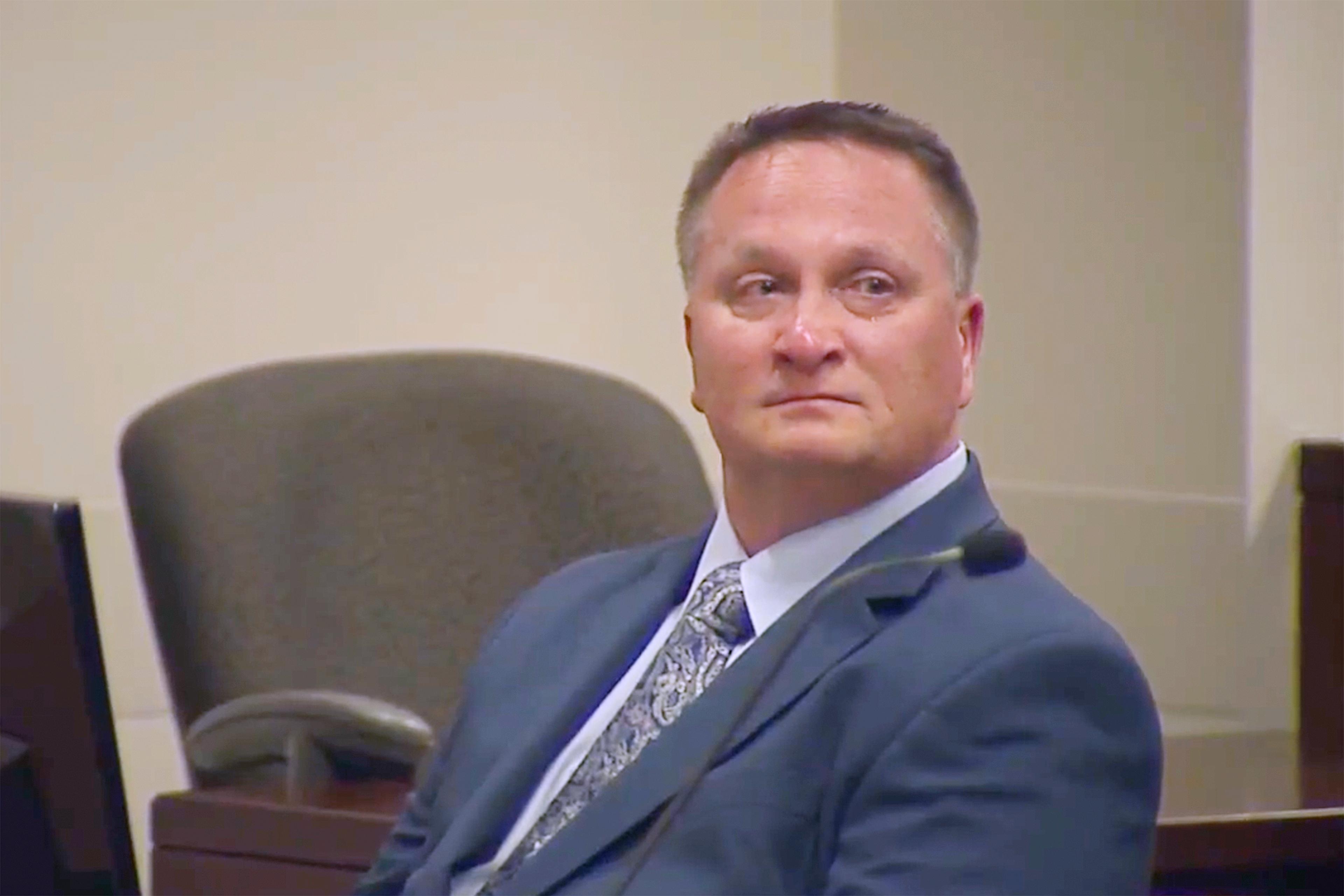
Reports of sexual assault at the U.S. Air Force Academy in Colorado Springs have been a persistent concern for decades. Data from last spring showed a record high number of such cases, despite the Pentagon putting more money, resources and accountability behind the problem.
A Defense Department report from last summer, following on-site evaluations of all three U.S. military academies, suggested additional tactics like stopping long-standing hazing practices for underclassmen and moving cadet behavior training into classrooms.
It’s on that latter point that retired Air Force Academy history department head Brigadier General Mark Wells has focused his attention for years.
His proposed solution: teach cadets more American history.
American history classes were removed as core requirements in 1986
Brig. Gen. Wells, a 1975 academy graduate who led the history department from 2000 to 2016, points out that early in the academy’s 70-year history, cadets had four required history courses. That has now been winnowed down to two courses; American history was removed as a core requirement in 1986.

“To be fair, the cadets at the time — with some justification — think they’re being overworked and if a course has some repetition from something they got in high school, they’re going to complain about it,” Wells told Colorado Matters. “But, clearly, college-level American history courses are rather more challenging than what some 15-year-old high school sophomore [gets.]”
A number of think tanks, higher education nonprofits and congressional studies in the past few decades have bemoaned the state of American History education in the United States. A 2010 study from the National Assessment of Educational Progress found only 12 percent of high school seniors “proficient” in the subject.
While America’s service academies pride themselves on accepting only the brightest young minds, Wells said he discovered the same lack of proficiency among his cadets. He noticed this even in those who could “test out” of college-level U.S. history with A.P. or International Baccalaureate credits. Wells remembered testing a group of such cadets in the early 2010s and remarked their scores were “awful.”
In 2013, the academy’s history department enrolled 150 of those cadets in a one-semester experimental course in American history at the institution.
“Not surprisingly,” Wells said, “after a semester, at the end of the course, their scores, their knowledge, their fluency with American history went up dramatically.”
While Wells was impressed with the results, academy leadership opted not to reinstate an American history requirement for cadets. Nevertheless, he has been advocating for one ever since.
How American history lessons might reduce the number of sexual assaults on campus
Within the last year, Wells has mailed about 50 letters to members of congress arguing a required academy history course could be structured in a way to highlight American women and other historically disenfranchised groups.
“If people understand the contributions of all Americans, they’re less likely to attack them, marginalize them,” Wells said. “What can be more essential to an American officer in the armed forces than an understanding of the history of his own country and its society?”
In a meeting last April, a group of academy alumni named Zoomies Against Sexual Assault also suggested a history course so structured could have a positive effect on assault numbers. Additionally, the academy’s Board of Visitors received a letter on the topic from Wells and expressed some interest.
Wells has also received two responses to his dozens of congressional letters.
Meanwhile, U.S. voters are increasingly more divided on issues of race and gender, according to two recent polls from the Pew Research Center. When asked whether a history course tailored to highlight those specific issues might be seen by some cadets as laden with political agenda, Wells expressed confidence in the acumen of academy faculty.
“We’re not talking about avoiding controversial historical events or trying to persuade cadets to a particular point of view,” Wells said. “But [we want] to get these future officers to think critically and flexibly about the values and events that constitute what I’ve been calling the ‘American historical mosaic.’”
He added that any course would receive considerable interest and examination from interests outside the academy across the political spectrum.
Ultimately, Wells does not believe a required American history course alone could adequately address the sexual assault rates at the academy. But, used as an additional tool along with the existing resources devoted to the problem, he believes it could help.
“You certainly can't do any worse than they're doing now and simply move from one crisis to another and rebrand what we're doing,” he said.









